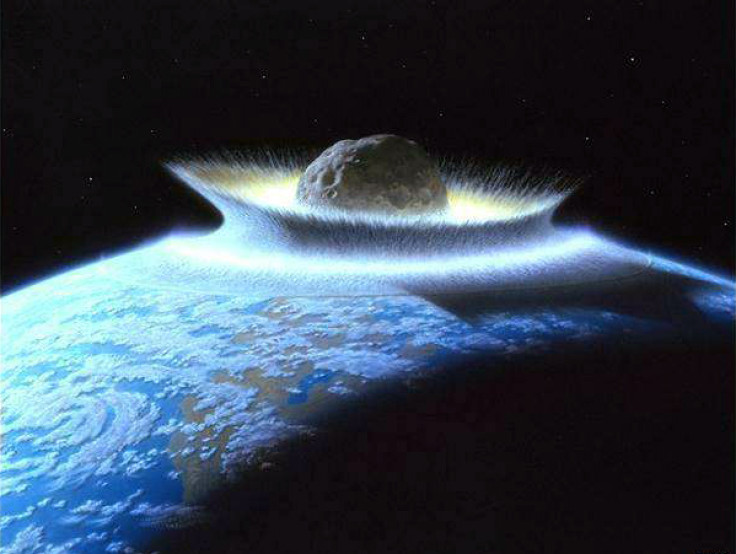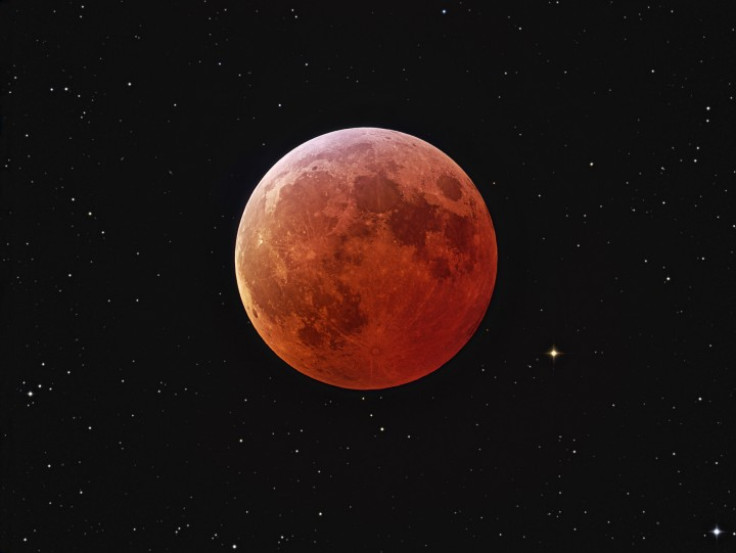Blood supermoon: Why do people still associate astronomical phenomena with the apocalypse?

The Earth is set to experience a rare blood supermoon and lunar eclipse combo on 27 September. The supermoon total lunar eclipse comes about when a supermoon – which occurs when the moon reaches its closest point to the earth due to its elliptical orbit – coincides with the almost perfect alignment of the moon, earth and sun, with our planet blocking the light from the star in our solar system.
The moon will have a red tinge, and will appear brighter and 14% larger as a result of the perfect timing of the astronomical events.
However, as with many astronomical phenomena, an end-of-the-world prediction is accompanying the rare occurrence – there have only been five examples since the early 1900s when they came about every 18 years (1910, 1928, 1946, 1964, and 1982) until a 33-year break prior to the upcoming one at the end of September.

The Blood Moon Prophecy was first predicted by Christian minister Mark Biltz in 2008 and then echoed by John Hagee in 2014, who said that the blood moon acts as a type of omen and originates from the Book of Joel, which reads: "The sun will turn into darkness, and the moon into blood, before the great and terrible day of the Lord comes."
But it's not the first apocalyptic prediction. In fact, we have had to ignore nine since the turn of the decade. All of which were obviously wrong.
So why do people still believe that the end is nigh despite numerous wrongful predictions over the years? Dr Max Blumberg, a psychologist, told IBTimes UK: "Generally, psychologists would delve into the human condition going back two million years and the classic argument is that although society and culture have evolved over this period, our brain hasn't, and so our brains were formed at a time, when we were probably running around with not a lot on, when stuff like eclipses and weather phenomena really effected your life – whether it be your crops or your hunting."
He adds that humans respond best to certainty, and that testing times could be the reason that people continue to believe when they hear of an apocalypse. Blumberg: "When you're living in a hard time, you think is this God's retribution or justice?
"If you accept the premise that it's hardwired into our brain, our brain doesn't look for evidence to fault the logic, but the brain relies on lack of logic so even if 15 haven't worked before, the hardwiring of the brain says that 'this could be the one'.
"One of the answers could be that people believe in the end of the world, not because it's been programmed into our brain, but because they feel under pressure. We're living in very uncertain times and human beings like certainty."
The latest prediction, like many others, originates from the US. So why is it that a Western country that leads the way in many scientific fields could still have a noticeable percentage of its population which still believes that the end is nigh? In fact, such has been the hysteria in certain quarters that many are stocking up now in anticipation.
Prophecy News Watch writes on its website: "A lot of people that I know have been storing up food and supplies like never before, but I didn't realize how widespread this phenomenon was until I came across the following Natural News report...
"As reported by AllNewsPipeline.com (ANP), correspondents for the news site began visiting a number of survival food websites in July, with the goal of ordering some essential bulk food items that included potatoes, carrots, mangoes, peaches, powdered eggs and powdered milk, among other items. But the more they shopped, the more they found notices on the survival food sites stating that supplies were either low or temporarily out of stock."
Blumberg speculates: "I don't have any evidence of why it should be more prevalent in the US but one does note that the US has got quite a large anti-evolutionary lobby for example. In some southern States, you're not allowed to teach evolution. So it could be that those who say evolution is not true, and it wouldn't come as a massive shock that they have different non-evidence based beliefs."
Additionally, he says, it could be tied in with depression: "It comes back to the point about uncertainty. When life is hard, we clutch at straws for an explanation. Under those circumstances, when somebody says that it's an angry God and that it's going to be the end of the world, that would fit, and people clutch at it. People who are having a hard time will tend to believe in it more."
© Copyright IBTimes 2024. All rights reserved.






